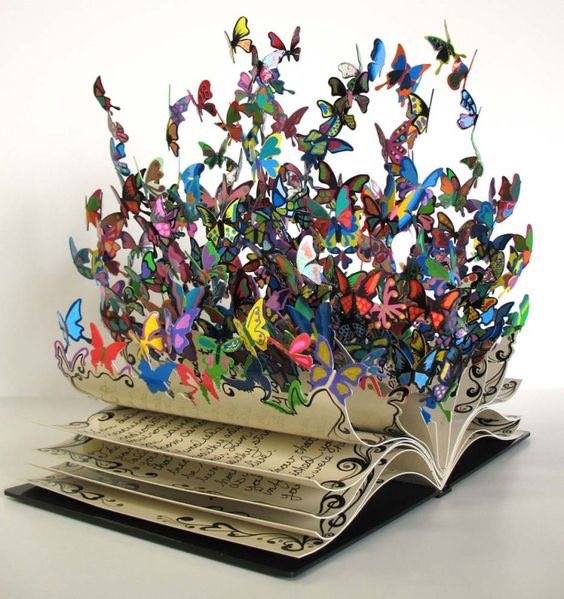As a high school teacher I had always told my students that reading gives you the magical key to unlock any door.
Those who write also read—a lot. In his craft book, On Writing, Stephen King gives aspiring authors this classic nugget, “If you want to be a writer, you must do two things above all others: read a lot and write a lot.”
The Victorians called reading “an acquired taste for literature” and I acquired it very early. I don’t remember who taught me to read, probably my parents, but that was a gift that has kept on giving and grown exponentially with time. There were always books around when I was growing up and I read everything. My mother inherited Reader’s Digest Condensed Books, a series of hardcover anthology collections published by the monthly family magazine Reader’s Digest, from my grandmother. The collections contained five or six current abridged best-selling novels and non-fiction books. When she brought them home and I opened the box, I thought I’d found a treasure. They were magical.
Needless to say I devoured every book in the collections. Marjorie Morningstar, The Kapillan of Malta, The Nun’s Story, Giant, The Caine Mutiny, Tales of the South Pacific and so many more entertained and enlightened me. Those books taught me that there was more to life than the limited amount of what I knew. They gave me solace and joy, peace and disturbance, doubt and assurance—they shook my world.
My favorite books were those whose detailed stories and characters allowed me to live inside another dimension. It was exhilarating to feel as if I was somewhere else with interesting people who were so unlike the ones who populated my world. And it wasn’t just stories that influenced me; poetry was at one point an all-consuming passion. T.S. Eliot used to talk about a dead poets’ society. This society was Eliot’s way of expressing that each author changed poetic tradition and interpretation and made it new. The Rhyme of the Ancient Mariner stayed with me for years as did Kubla Khan and The Highwayman. All ‘dead’ poets, all with strong influences on new authors. For me, becoming a writer was an early ambition because of the wonderful books I read.
Many of the books we read influence us in subtle ways that enrich our writing without defining it. Some influence us by opening a window in our minds that wasn’t there before. In a nutshell, books make us think. They plant seeds that grow the flowers of thoughts that shape our personal world.
Perhaps author Annie Dillard said it best when she talked about the influence of one writer on another. The writer studies literature—he is careful of what he reads, for that is what he will write. How true.
Writers are readers and it is easy to understand how certain books made their impressions on modern authors. Humorist Dave Barry has admitted that he loved the writings of another famous humorist, Mark Twain. How fitting then that Barry has won the Mark Twain prize for humor twice.
Anne Rice has said that the book Great Expectations by Charles Dickens, a book she re-reads every so often, had a great deal to do with her becoming a writer. Isabel Allende credits reading works by such diverse authors as Germaine Greer and Gabriel García Márquez in influencing the writing of her first novel The House of the Spirits.
In a world where reading has been reduced at times to scanning a work on a computer or handheld device, I hope the joy of reading and the influence of authors hasn’t dimmed. Books can have a great influence not only on the creative minds of writers but on everyone who seeks to go beyond their own lives. Reading is a gift, a precious one for all of us.


